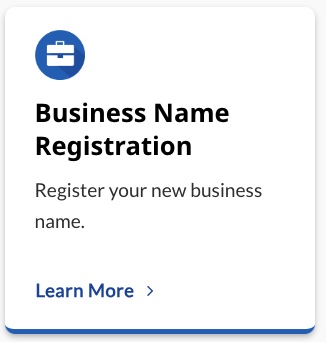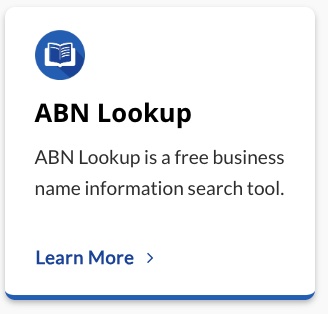Today, there’s way too much information about everything, everywhere. It’s a bit like we’re stuck in a tornado of words and images all the time, right? In this whirlwind of information, it can be really tough to find out which sources can be trusted and which ones can’t. So how do we sort through all this mess to figure out what’s true and what isn’t? Well, there are actually some tried-and-tested ways to do this, and we’ll share a few with you in this article.
First things first! The world of books, newspapers and academia is all about referencing. That is, they always make sure to point out where they got their information from. This is important because it allows you to go back and check their sources. When a piece of content doesn’t have this important information, it’s hard to trust it fully.
Did you ever notice that It can sometimes feel like more people know where that crazy ‘fact’ about dolphins came from, than can name all fifty states? This is not because dolphins are more interesting than US states (though there’s a fair argument that they might be), it’s because too often people are quick to believe and share interesting ‘facts’ without checking the source.
In general, information that you can trust should have supporting evidence. For instance, let’s say you read a news story online about a major event. A trustworthy report will offer facts and evidence to support its information. This could come in the form of interviews, research, data or other forms of concrete evidence.
There’s another easy way out too- checking with an expert. If you’re unsure about a piece of information, asking someone who is an authority on the topic can be a great way to find out if it’s true or not.
Another tip is to look at the language being used. Trustworthy sources generally avoid intense emotional language, because the aim is to provide accurate information, not provoke an emotional response.
Finally, use your own critical thinking skills! It’s easy to automatically believe information that confirms what we already think. But that’s where things can go wrong. Always ask questions and ponder on what you’re reading or hearing.
Remember, It’s up to us to critically examine the information we take in. In our jam-packed, info-overloaded world, developing the habit of checking and cross checking information is super important.
Simply put, a good rule of thumb is to never completely trust a piece of information unless you can verify it.
Register your new business name at register.biz.au


